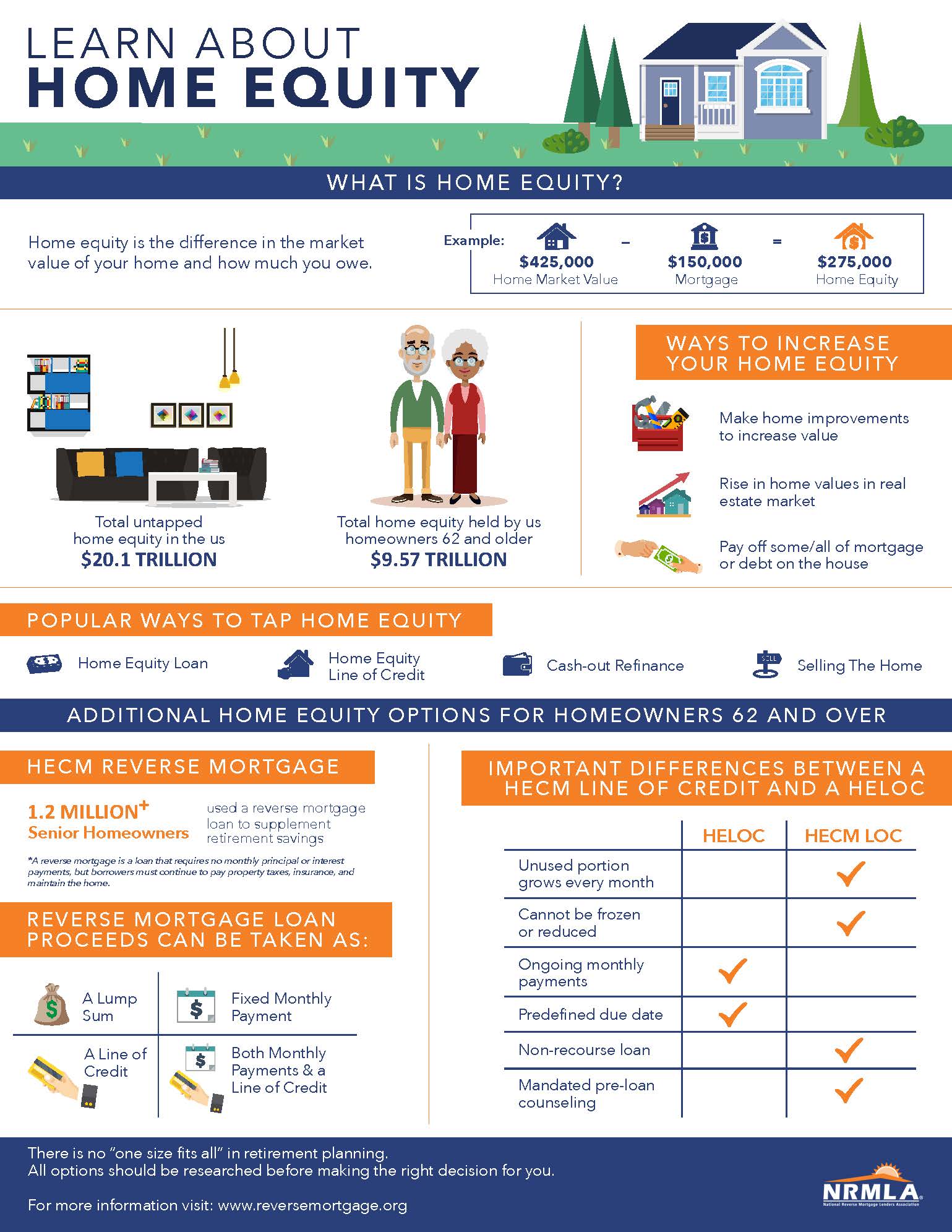Equity Release Mortgages Explained for New Users
Equity Release Mortgages Explained for New Users
Blog Article
Exploring the Different Sorts Of Equity Release Mortgages Available Today
Equity Release home loans existing various options for property owners aged 55 and over. equity release mortgages. These monetary products accommodate various requirements and choices, allowing individuals to access funds from their building. From lifetime mortgages to common appreciation mortgages, each type uses unique benefits. Recognizing these options is important for making informed choices. What factors should one take into consideration when choosing one of the most suitable equity Release plan? The information that adhere to may clarify this essential topic
Recognizing Equity Release Mortgages
Equity Release mortgages offer homeowners, commonly those aged 55 and over, with a way to access the value locked up in their residential property without requiring to offer it. This economic option permits people to convert a portion of their home equity into cash, which can be used for different purposes, such as home improvements, settling financial obligations, or financing retirement.Equity Release can take different forms, however it basically entails loaning versus the worth of the home while maintaining possession. Property owners can pick to receive a round figure or a series of smaller sized repayments, depending on their monetary needs and preferences.Additionally, the amount available for Release is influenced by the residential or commercial property's value, the homeowner's age, and specific lender criteria. In general, understanding equity Release mortgages is crucial for house owners to make informed decisions regarding tapping right into their home's equity while thinking about the long-lasting implications.
Lifetime Mortgages
Life time mortgages stand for one of one of the most prominent kinds of equity Release. This monetary item permits homeowners, generally aged 55 or older, to obtain against the value of their residential property while preserving possession. The financing, which is safeguarded versus the home, accrues passion with time however does not require regular monthly settlements. Instead, the funding and accumulated rate of interest are repaid when the house owner passes away or moves right into long-term care.Lifetime home loans provide flexibility, as debtors can choose to obtain a lump sum or choose a drawdown center, accessing funds as required. Importantly, lots of strategies come with a no-negative-equity warranty, making sure that consumers will never ever owe greater than the value of their home. This attribute supplies tranquility of mind, allowing people to appreciate their retirement without the fear of depleting their estate. In general, lifetime home mortgages function as a feasible choice for those seeking financial backing in later life.
Home Reversion Program

Drawdown Lifetime Mortgages
While lots of homeowners look for means to access their riches, drawdown lifetime home loans present a flexible option that permits people to Release funds slowly. This type of equity Release mortgage makes it possible for house owners to obtain against the worth of their property while keeping ownership. Unlike standard life time home mortgages, drawdown strategies allow consumers to access a part of their equity upfront and withdraw added funds as required, up to a predetermined limit.This feature can be particularly useful for those that wish to handle their funds very carefully, as it reduces passion accumulation by just billing passion on the quantities attracted. Furthermore, drawdown lifetime home mortgages usually come with a "no negative equity assurance," making sure that debtors will certainly never ever owe greater than their home's value. This alternative matches retired people that prefer financial protection and flexibility, allowing them to satisfy unanticipated expenditures or preserve their way of living without having to sell their property.
Boosted Life Time Mortgages
Improved Lifetime Home mortgages supply distinctive advantages for qualified property owners looking for to Release equity from their residential or commercial properties. Understanding the qualification requirements is necessary, as it establishes that can profit from these specialized loans. It is likewise vital to review the possible downsides connected with enhanced choices, guaranteeing a well-rounded point of view on their usage.
Qualification Standards Described
Comprehending the qualification standards for Improved Lifetime Mortgages is essential for potential applicants looking for to access the equity in their homes. Usually, applicants have to be aged 55 or older, as this age demand is conventional in the equity Release market. House owners need to have a home valued at a minimum threshold, which can differ by loan provider. Significantly, the residential or commercial property needs to be their primary house and in good problem. Lenders often examine the home owner's health status, as specific health and wellness problems might enhance qualification and benefits. Furthermore, candidates need to not have existing considerable financial obligations secured versus the property. Meeting these standards allows individuals to discover Improved Lifetime Home loans as a feasible option for accessing funds tied up in their homes.
Benefits of Boosted Home Loans
After clearing up the eligibility criteria, it comes to be obvious that Improved Life time Home loans offer several substantial benefits for house owners aiming to utilize their building equity. Primarily, they supply access to a bigger loan amount compared to basic life time home mortgages, profiting those with wellness problems or age-related aspects that raise their life span danger. This improved borrowing ability enables home owners to meet various economic needs, such as home enhancements or retirement expenses. In addition, these home loans normally include flexible settlement choices, allowing customers to manage their funds much more efficiently. The no-negative-equity guarantee additionally guarantees that house owners will certainly never ever owe greater than their residential or commercial property's value, supplying assurance. Overall, Boosted Lifetime Home mortgages present a compelling option for qualified home owners seeking monetary remedies.
Prospective Downsides Considered
While Improved Life time Home mortgages use countless advantages, prospective downsides warrant careful consideration. One considerable worry is the effect on inheritance; the equity launched reduces the value of the estate left to beneficiaries. Furthermore, these mortgages can accrue significant rate of interest in article source time, bring about a significant financial debt that might exceed the initial car loan amount. There may likewise be restrictions on building modifications or rental, restricting home owners' flexibility. Enhanced items usually call for certain wellness conditions, indicating not all home owners will certainly certify. Handling the charges and charges associated with these home mortgages can be complicated, potentially leading to unexpected costs. Consequently, people ought to extensively examine their situation and consult financial experts prior to proceeding.
Shared Appreciation Mortgages
Shared Recognition Mortgages stand for a distinct economic setup that permits property owners to access equity while sharing future home worth enhances with the lender. This approach supplies prospective benefits such as decreased monthly payments, but it likewise includes disadvantages that need to be thoroughly thought about. Understanding the eligibility needs is necessary for those thinking about this option.
Concept Overview
Equity Release home loans, particularly in the kind of common appreciation mortgages, supply property owners an unique monetary remedy that enables them to access funds by leveraging the worth of their building. In this arrangement, a lending institution offers a financing to the house owner, which is commonly repaid through a share of the home's future gratitude in value. This suggests that when the homeowner sells the property or passes away, the lender obtains a percentage of the enhanced worth, instead of simply the preliminary finance amount. Shared appreciation home mortgages can be appealing for those looking to supplement their income or finance significant costs while retaining possession of their home. The economic implications of common admiration need to be meticulously considered by prospective debtors.
Benefits and Disadvantages
Common gratitude mortgages can supply substantial economic advantages, they additionally come with noteworthy downsides that potential customers should take into consideration. These home mortgages permit home owners to access equity in their properties while sharing a section of any kind of future gratitude with the loan provider. This arrangement can be valuable throughout times of rising residential property worths, using significant funds without regular monthly settlements. The main disadvantage is the prospective loss of equity; homeowners might finish up with considerably reduced inheritance for successors. Additionally, the intricacy of the terms can cause misunderstandings pertaining to payment responsibilities and the percentage of admiration owed. It is necessary for consumers to weigh these variables very carefully before devoting to a common admiration home mortgage.

Eligibility Needs
What criteria must property owners meet to get approved for a common gratitude mortgage? Mainly, candidates have to be at the very least 55 years old, ensuring they are within the target group for equity Release products. In addition, the residential property needs to be their primary residence and usually valued over a defined minimum threshold, often around ? 100,000. Lenders likewise analyze the house owner's economic scenarios, consisting of income and arrearages, to ascertain they can manage the home loan responsibly. Importantly, the building must remain in good condition and without substantial lawful encumbrances. House owners must also have a clear understanding of the terms, consisting of how recognition will certainly be shown the lender upon sale or transfer of the building, as this affects overall returns.
Choosing the Right Equity Release Option

Often Asked Concerns
What Age Do I Required to Be for Equity Release?
The age need for equity Release usually starts at 55 for many plans. However, some providers may use options for those aged 60 and above, showing differing terms based on specific scenarios and lending institution policies.
Will Equity Release Influence My Inheritance?
Equity Release can influence inheritance, as the quantity borrowed plus interest reduces the estate's worth. Heirs might get less than anticipated, depending on the building's admiration and the total debt at the time of passing.
Can I Relocate Residence With Equity Release?
The question of moving residence with equity Release occurs often. Normally, individuals can transfer their equity Release plan to a new residential or commercial property, but details terms and problems might use, needing consultation with the loan provider for advice.
Are There Charges Connected With Equity Release Mortgages?
Charges linked with equity Release home mortgages can include setup costs, assessment charges, and legal costs. Additionally, there may be early repayment fees, which can influence the overall cost and economic implications for the borrower.
Just How Does Equity Release Impact My Tax Circumstance?
Equity Release can impact one's tax obligation circumstance by potentially raising taxable earnings, as launched funds websites are taken into consideration resources. Nonetheless, it typically does not sustain instant tax responsibilities, making it necessary to consult a financial consultant for individualized assistance.
Verdict
In summary, the range of equity Release home mortgages available today offers home owners aged 55 and over several paths to access their building's worth - equity release mortgages. Whether going with a lifetime home loan, home reversion strategy, or various other choices, each choice presents unique advantages customized to specific monetary needs. Mindful consideration and examination with an economic advisor are important to ensure the chosen equity Release solution straightens with individual goals and economic circumstances, inevitably promoting informed decision-making for a safe monetary future. Equity Release home loans present numerous choices for homeowners aged 55 and over. Equity Release home loans provide house owners, normally those aged 55 and over, with a means to access the worth linked up in their residential property without requiring to market it. Improved Lifetime Mortgages offer distinct benefits for eligible house owners seeking to Release equity from their buildings. Equity Release home mortgages, especially in the form of common recognition home loans, provide property owners a special monetary solution that allows them to access funds by leveraging the worth of their building. In recap, the selection of equity Release home loans readily available today uses property owners aged 55 and over numerous pathways to access their residential or commercial property's value
Report this page